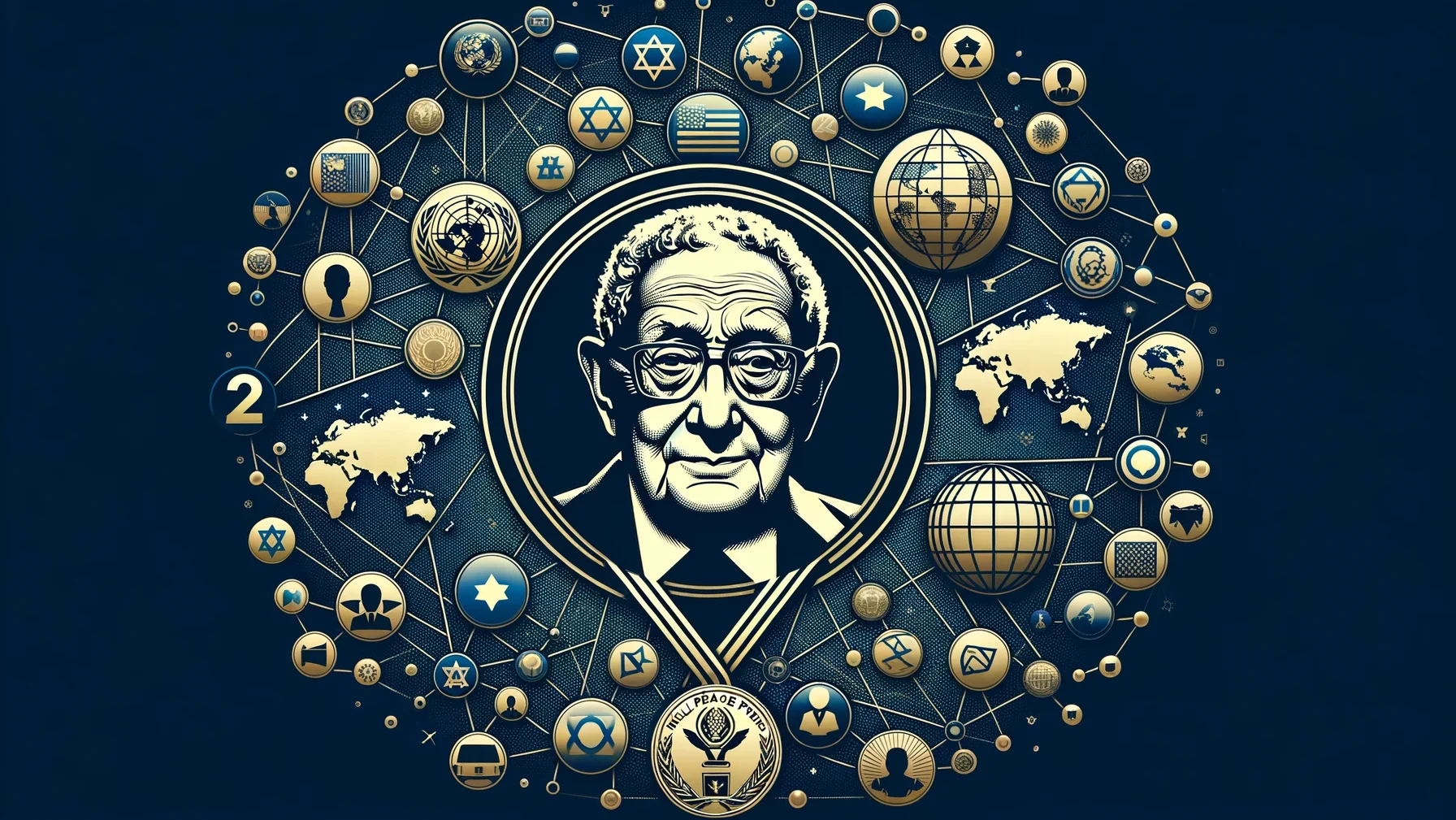The Man Behind ‘Shuttle Diplomacy’ Is No Longer
Al-Masry Al-Youm, Egypt, December 1
Former US Secretary of State Henry Kissinger has passed away. While I disagreed with many of his policies, I did admire his tenacity and fortitude. I had the privilege of witnessing his poise and wisdom firsthand at the 2018 Davos Forum, as he was gathering with world leaders to celebrate his 99th birthday. His intellectual prowess and astuteness were plainly evident, and he applied his insights thoughtfully to the various issues being discussed. He was truly remarkable among the global elite. A Nobel Peace Prize laureate and a powerful diplomat, Kissinger has been remembered for his concept of “shuttle diplomacy,” a means of resolving diplomatic issues between countries through intensive back-and-forth in-person meetings with the warring parties. His enduring legacy is marked by his service under two presidents, fundamentally altering America’s foreign policy. Kissinger worked right up to the last months of his life. Even at 100 years old, he was still publishing books on leadership and testifying before the Senate regarding the nuclear risk posed by North Korea. Strangely enough, the late statesman even made a surprise visit to Beijing to confer with the Chinese president in July. Last October, while celebrating the 50th anniversary of the Yom Kippur War, Kissinger admitted to being surprised by the conflict, stating he hadn’t anticipated the Egyptians would wage war in such a manner. He further revealed he had thought Israel would emerge victorious over the Egyptians within hours—this, of course, was not the case. It’s almost unfathomable that, at a century of age, Kissinger was still actively engaging in such events. The relationship between Egyptians and Henry Kissinger was fraught, owing to his role in the Camp David Accords which, while pleasing some Egyptians, stirred up dissent among many others. Kissinger conducted American foreign policy from 1969 until Nixon’s resignation in 1974. In 1977, Kissinger resumed his mission of Egyptian-Israeli peace by reviving the Middle East negotiations that then-President Carter had long foreseen. To replace Kissinger’s “shuttle diplomacy,” Carter opted for a more comprehensive and multilateral approach after the Yom Kippur War. Many praised Henry Kissinger for his career, yet others labeled him a war criminal for propping up anti-communist dictatorships. In his later years, attempts were made to restrict his travels, as other countries sought to interrogate him about previous American foreign policy. This is the reality of politics: who one considers an ally is another’s adversary. Despite what people might think of Kissinger, it’s difficult not to respect his accomplishments, regardless of whether they were morally defensible or not. —Abdel Latif El Menawy (translated by Asaf Zilberfarb)


